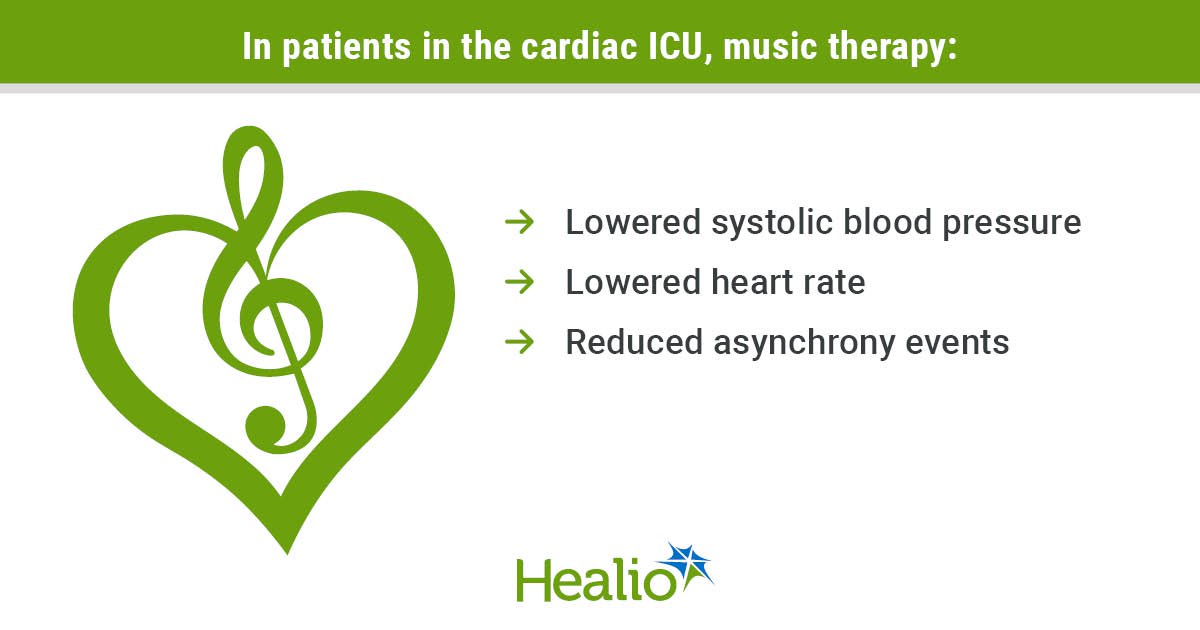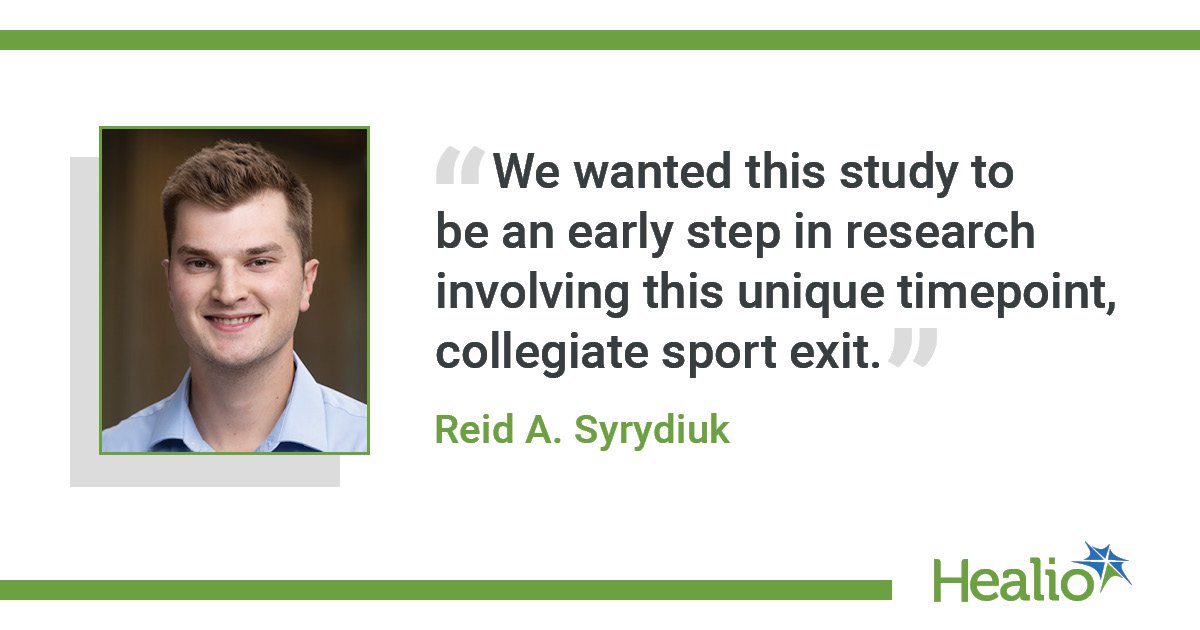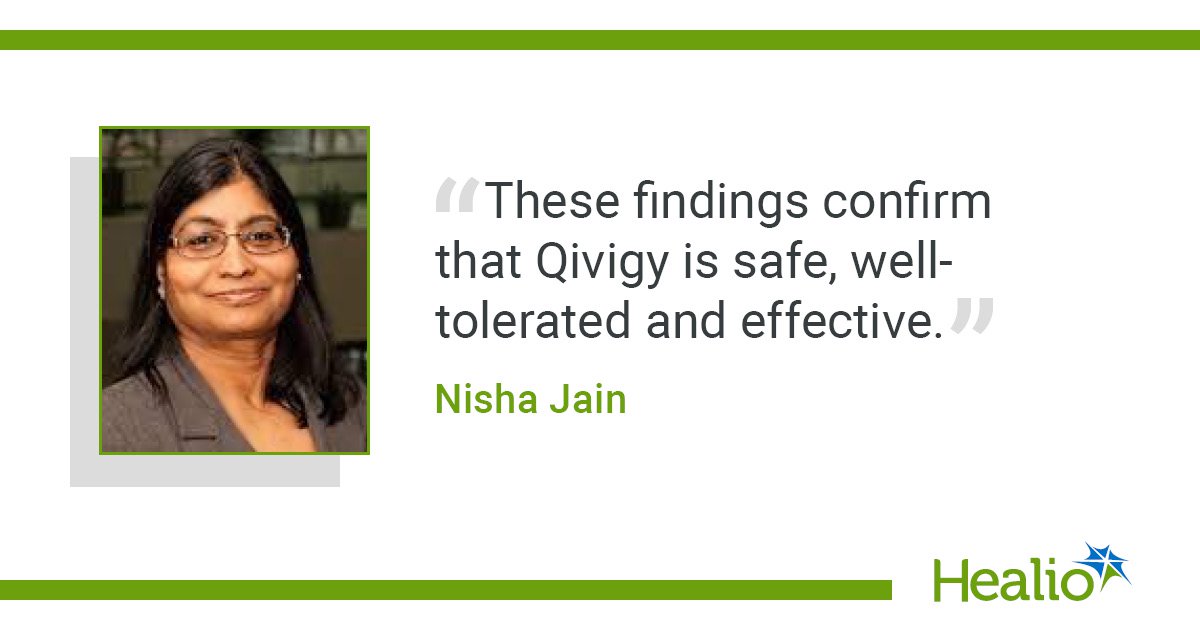September 22, 2025
1 min read
Key takeaways:
- Music therapy may help improve outcomes among patients in the cardiac ICU.
- It was associated with lowered heart rate, reduced blood pressure and reduced asynchronies.
Music therapy may represent a nonpharmacologic strategy to improve cardiac ICU outcomes when added on top of standard care by lowering heart rate and BP and reducing asynchronies, a speaker reported.
The results of an open-label randomized trial evaluating the impact of music therapy in the cardiac ICU were presented at ACC Latin America.

Data were derived from Pérez IPS, et al. Interventions and ischemic heart disease: Poster 42. Presented at: ACC Latin America; Sept. 18-20, 2025; Mexico City.
“Music therapy has beneficial effects on physiological distress variables such as heart rate and blood pressure, suggesting that music therapy can be a nonpharmacological and noninvasive intervention to improve physiological stability in a high-stress setting such as the cardiac intensive care unit,” Ilani Paola Santoyo Pérez, MD, medical student at the University of Guanajuato in León, Guanajuato, México, said in a press release.
To test the impact of music therapy on physiologic variables in the hospital, researchers randomly assigned 24 patients in the cardiac ICU who were alert and communicative with no hearing impairments to a music therapy intervention plus standard care or standard care alone (mean age, 62 years; 92% men).
Patients assigned to music therapy were presented with a 15 dB melody for 45 minutes per day for 5 days.
Most patients were admitted for ischemic heart disease (83%).
After the 5-day intervention, music therapy was associated with reductions in heart rate (P = .005), systolic BP (P < .001) and asynchronies (P < .001) compared with standard care alone.
“Music therapy is recognized as a standard of care for critically ill patients worldwide, as established in the Society of Critical Care Medicine (SCCM) guidelines. Clinicians should therefore consider incorporating music therapy into their practice, as it is a safe, low-cost, nonpharmacological and noninvasive intervention that complements conventional treatments,” Pérez said in the release. “By reducing physiological distress, enhancing patient comfort, and promoting holistic, patient-centered care, music therapy ultimately improves both the patient experience and clinical outcomes.”









